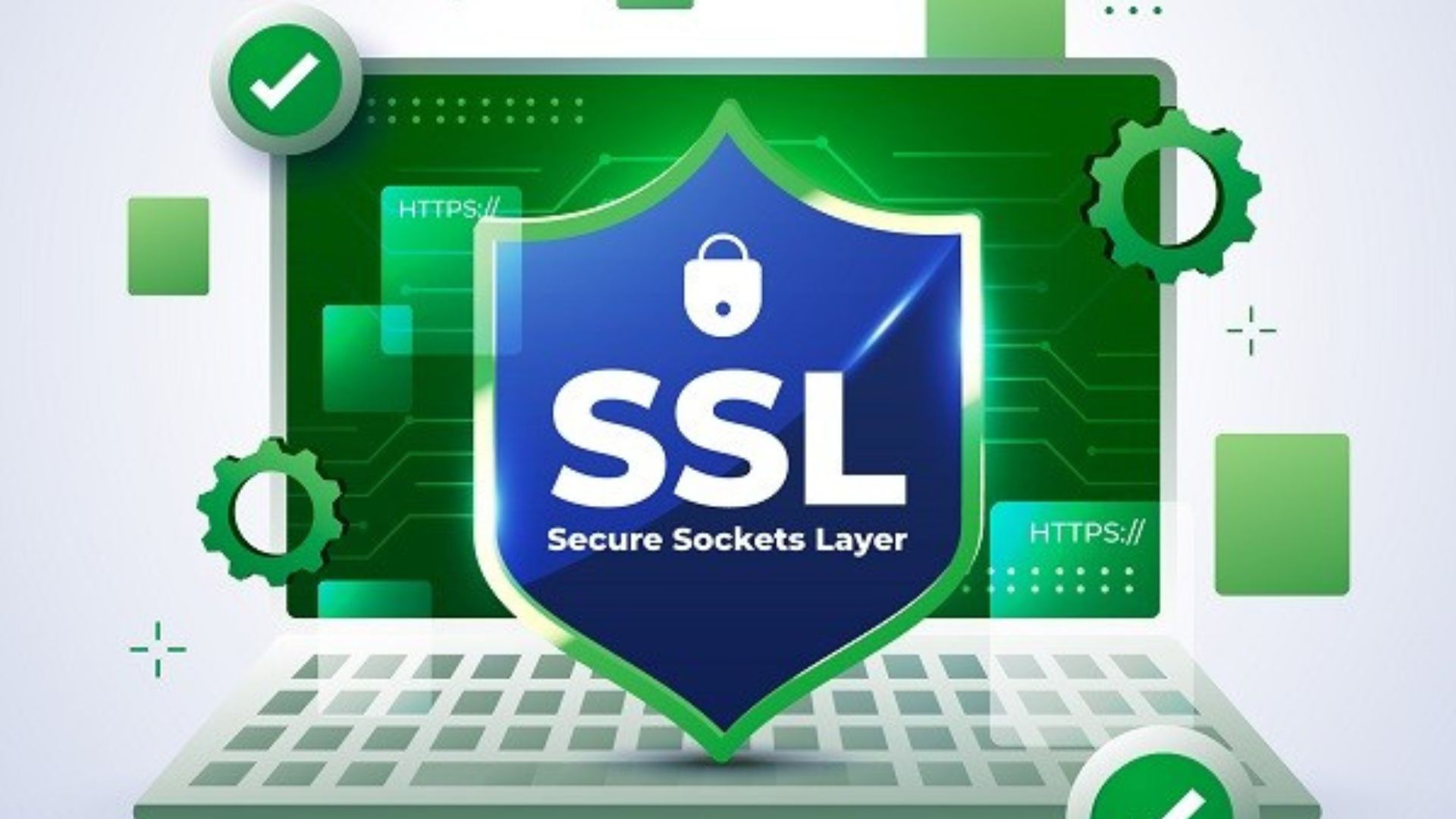In today’s digital age, where we conduct a vast amount of business and communication online, website security is paramount. Sensitive information like credit card details, login credentials, and personal data constantly flow between users and websites. This necessitates robust security measures to safeguard this information from falling into the wrong hands. Enter SSL certificates, the unsung heroes of the internet, acting as a crucial shield for website security.
Encryption: The Backbone of Website Security
To begin with, an SSL certificate, which stands for Secure Sockets Layer certificate, plays a vital role in encrypting communication between a web browser and a website server. Encryption scrambles data into an unreadable format, making it indecipherable to anyone who intercepts it. Imagine a secret message delivered in a locked box – the SSL certificate is the lock, and the encryption is the scrambled message. More so, only the authorized recipient (the website server) possesses the key to unlock the box and understand the message. Without an SSL certificate, this information travels in plain sight, vulnerable to theft by hackers lurking on the web.

Building Trust: The User’s Perspective
Secondly, SSL certificates not only fortify website security but also foster trust with users. When you visit a website secured with an SSL certificate, a padlock icon appears in the address bar, often accompanied by “HTTPS” instead of “HTTP.” These visual cues signal to users that the website takes their security seriously and provides a safe environment for online interactions. This instills confidence, encouraging users to comfortably enter personal information and engage in transactions without fear. Conversely, the absence of an SSL certificate can raise red flags for users, leading them to abandon the website due to security concerns.
Deterring Malicious Activity: A Secure Defense
Thirdly, SSL certificates play a critical role in safeguarding websites from malicious activities like phishing and man-in-the-middle attacks. Phishing scams often involve creating fraudulent websites that mimic legitimate ones to trick users into revealing sensitive data. An SSL certificate issued by a trusted authority verifies the website’s identity, making it more difficult for phishers to create convincing replicas. Man-in-the-middle attacks involve attackers intercepting communication between a user and a website. With an SSL certificate in place, the encrypted communication becomes unintelligible to these attackers, rendering their efforts futile.
SEO Benefits: A Website Security Bonus
Different Levels of SSL Certificates
While all SSL certificates provide encryption, they vary in the level of validation they offer. Domain Validation (DV) certificates are the most basic, simply verifying the domain name ownership. Organization Validation (OV) certificates take a step further, confirming the business legitimacy behind the website. Extended Validation (EV) certificates offer the highest level of validation, requiring rigorous vetting of the organization’s identity. The level of validation you choose depends on your website’s needs and the level of trust you wish to convey to users.
Implementing SSL Certificates
Obtaining and installing an SSL certificate is a relatively straightforward process. Numerous certificate authorities (CAs) offer a variety of SSL certificates to suit your website’s requirements. Most web hosting providers also offer SSL certificate installation services for a fee. For an added layer of convenience, many web hosting providers now include basic SSL certificates with their hosting plans.
Conclusion
In conclusion, SSL certificates are an indispensable element of website security. They safeguard sensitive data, bolster user trust, deter malicious activity, and even offer SEO advantages. As our reliance on the internet continues to grow, implementing website security measures like SSL certificates becomes not just an option, but a necessity. By prioritizing website security, you create a safe and trustworthy online environment for your users. In addition, fostering stronger relationships and a more secure digital future for all.










